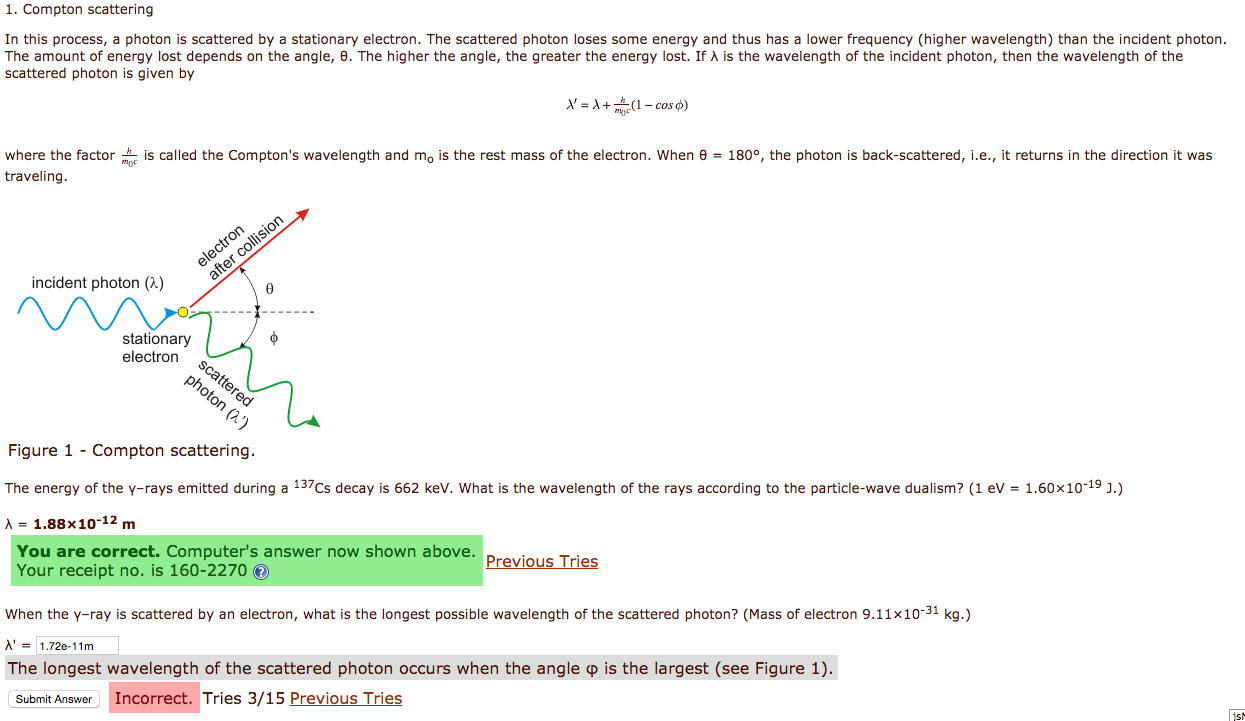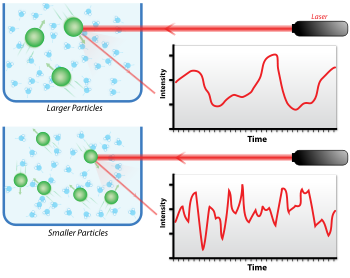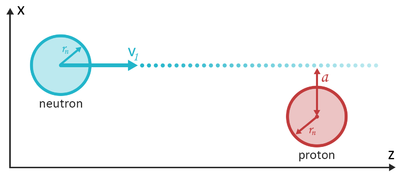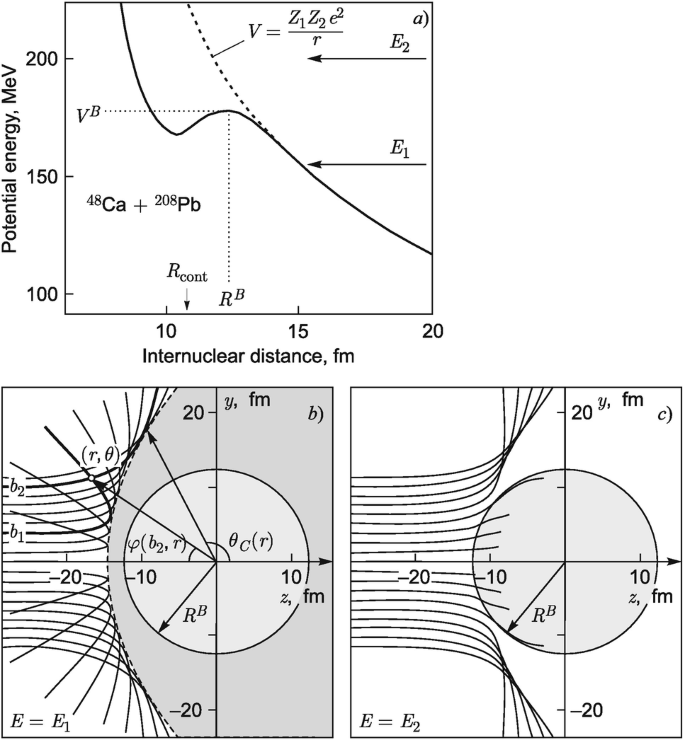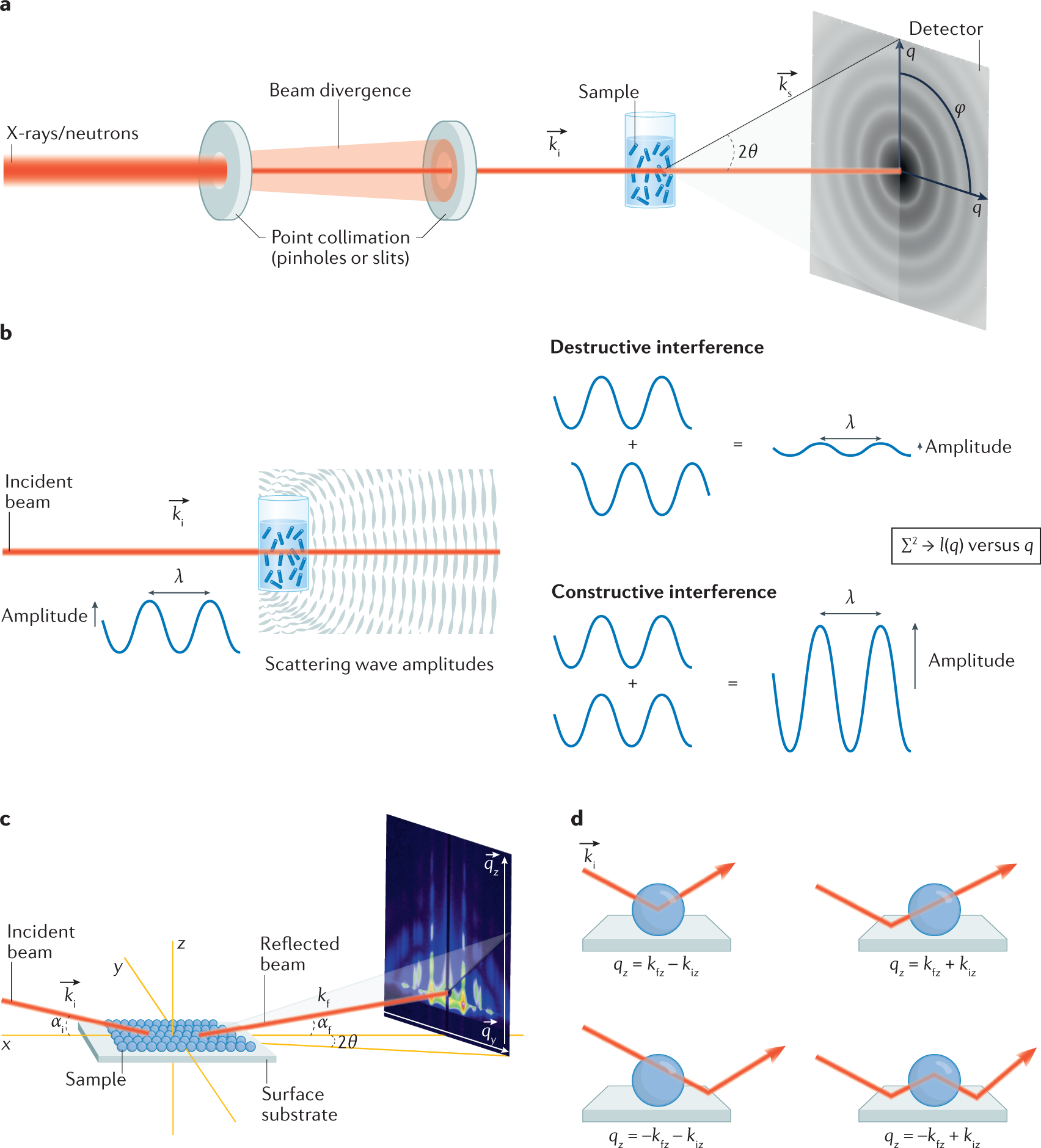
Ab Initio Calculation of Total X-ray Scattering from Molecules | Journal of Chemical Theory and Computation
For the maximum Compton wavelength shift, what is the value of the scattering angle of a photon? - Quora

Measurement of proton-proton elastic scattering into the Coulomb region at Pbeam = 2.5, 2.8 and 3.2 GeV/c - ScienceDirect

A photon of wavelength lambda is scattered from an electron, which was at rest. The wavelength shift Δlambda is three times of lambda and the angle of scattering theta is 60^∘ .

Modulation of the Excited-State Proton Transfer Rate of d-luciferin in Mixed Reverse Micellar Systems | ACS Omega

Overlay of the incident proton spectra, recorded with the detector at... | Download Scientific Diagram

An x-ray photon of initial energy 1.0 x 10^5eV traveling in the +x direction is incident on a free electron at rest. The photon is scattered at right angles into the +y

